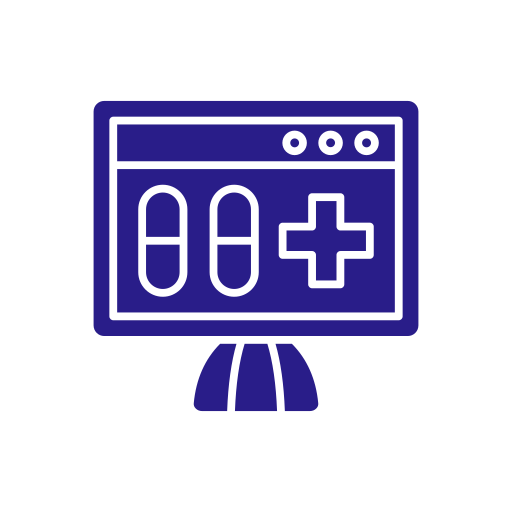DTx are clinically evaluated software used to prevent, manage and/or treat a wide spectrum of diseases and disorders, promoting the empowerment of patients and/or their caregivers and facilitating decision making by healthcare professionals.
They can currently cover needs in several therapeutic areas such as mental health, cardiovascular problems, chronic and metabolic diseases and their different pathologies such as ADHD (paediatrics), insomnia, anxiety, hypertension, musculoskeletal pain, asthma, COPD and type 2 diabetes.

Digital therapeutics are undergoing clinical studies demonstrating their efficacy and are subject to further clinical evidence

They can be prescribed by health care providers as stand-alone treatments or in addition to existing medicines and therapies.

Digital health, on the other hand, includes medical technologies and platforms that require less clinical evidence.
Digital therapeutics are valuable for patients, health systems and healthcare specialists alike. They benefit patients by improving access to effective and safe therapies, promoting the sustainability of the healthcare system, and extend the reach of clinicians by making treatment more accessible.
They allow patients with chronic diseases at risk of developing complications to be monitored and intervention to be made before they worsen.
Help monitor patients’ condition remotely in real time.
Improve patient relationship and engagement.
© 2022 Created by Consorcio DTx